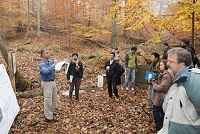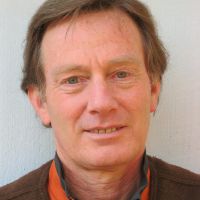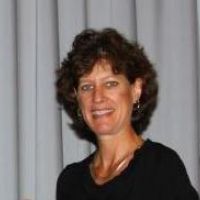A critical workshop - Landmark international workshop for critical zone scientists held at UD
International collaboration in critical zone science took a giant step forward in November when about 80 researchers from the U.S., Europe, China and Australia gathered at the University of Delaware for a three-day workshop focused on planning future joint experiments. The main goal of the workshop was to enhance cooperation and form a working network among the outdoor laboratories known as critical zone observatories (CZOs) that have been established around the world in the past decade. CZOs are natural areas, often defined by the boundaries of a watershed, in which scientists from a wide variety of disciplines measure and monitor environmental processes. "Nature doesn't actually work by discipline," said Enriqueta Barrera, coordinator of Critical Zone Observatory Sciences at the National Science Foundation (NSF). "Nature is much more complex, so that there is a connectivity or a coupling of biological, chemical, geological or physical processes."
News Source:
READ MORE from UDaily >>
People Involved
CZO
-
National, NATIONAL SCIENCE FOUNDATION
-
Christina, INVESTIGATOR
-
Christina, INVESTIGATOR
-
Christina, INVESTIGATOR
-
National, Eel, Luquillo, Shale Hills, INVESTIGATOR, COLLABORATOR
Non-CZO
Steven Banwart, Ph.D. - The University of Sheffield
Explore Further









